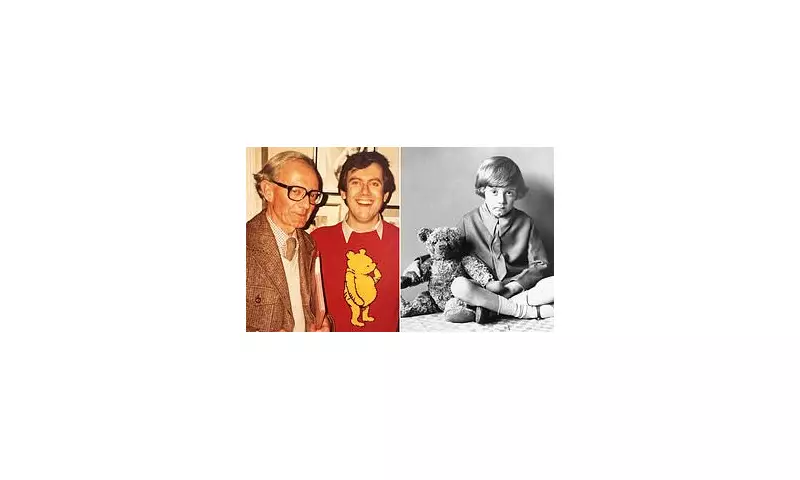
The enchanting world of Winnie-the-Pooh, beloved by generations of children, concealed a painful family reality that haunted Christopher Robin Milne throughout his life. In a startling revelation from Gyles Brandreth's new biography, the dark shadow cast by his father's creation emerges as a story of resentment and familial discord.
Christopher Robin's childhood, immortalised in his father's stories, became a gilded cage that he desperately sought to escape. The very name that brought joy to millions became a source of profound discomfort for the real boy behind the character.
The Burden of Fame
Unlike the cheerful narratives that captivated readers worldwide, Christopher Robin grew to despise the literary phenomenon that defined his existence. Brandreth's research reveals how the success of Winnie-the-Pooh created an unexpected family dynamic, with Christopher feeling increasingly alienated from his own identity.
The financial fortune generated by the books, while substantial, became a point of contention rather than comfort. Christopher viewed the wealth as tainted by the personal cost of his childhood exposure and the perpetual association with a character he could never escape.
A Daughter's Unmet Needs
Most heartbreakingly, Christopher's resentment extended to how the Winnie-the-Pooh fortune was managed in relation to his own daughter, Clare, who was born with severe cerebral palsy. Despite the substantial earnings from the books, Christopher believed that adequate provisions were not made for her long-term care and security.
This financial tension added another layer to the complex relationship between father and son. Christopher perceived the management of the literary estate as prioritising legacy over family welfare, particularly where his disabled daughter was concerned.
Escaping the Hundred Acre Wood
In later life, Christopher Robin made deliberate choices to distance himself from the fictionalised version of his childhood. He established a bookshop in Dartmouth, Devon, seeking anonymity and a identity separate from the famous stories.
This move represented more than a career change—it was a fundamental rejection of the narrative that had defined him since childhood. Christopher sought to build a life where he was known for his own achievements rather than his father's literary creation.
The biography paints a poignant picture of a man forever trapped by his childhood fame, struggling to reconcile the public's adoration of Christopher Robin with his own complicated reality. The legacy that brought happiness to millions worldwide became, for the real Christopher Robin, a source of lifelong conflict and resentment.





